best approach to homeschooling. Do we follow the National UK curriculum, 'Un-schooling', 'Waldorf' education or any of the other many approaches?? What are our legal obligations and what do we envisage for our little humans?I last wrote about the decision process that led us to home-school our 3 little humans. https://steemit.com/home-schooling/@my-coconut-life/here-s-how-we-came-to-our-decision-to-home-school . Today I want to share our struggle with finding the
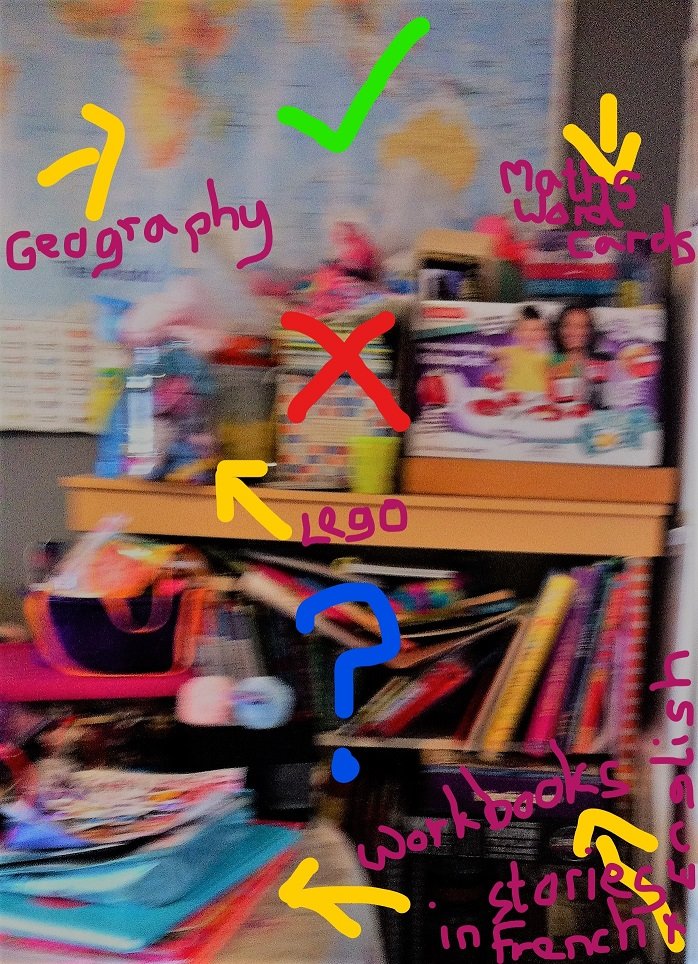
It was and still is to some degree, a mind-boggler.
Many see home schooling as a massive risk (me included). However, so is leaving your child at the hands of massive institutions which are underfunded and overcrowded; where the teachers tend to only really get to know and give their time to the kids who play up. Lets not also forget the stress these institutions put on kids with continuous testing to try and fit each child into a band which will either boost or destroy their self -confidence from the offset. Like cows branded and selected for their future uses to the system. In schools we can often find ourselves having to learn things in depth that we aren't interested in or have any use for, we miss out on family life and life skills. So, homeschooling tis a risk, and also a massive learning curve. Luckily, we are both committed active supporters of lifelong learning and, as it turns out, moderate risk takers!
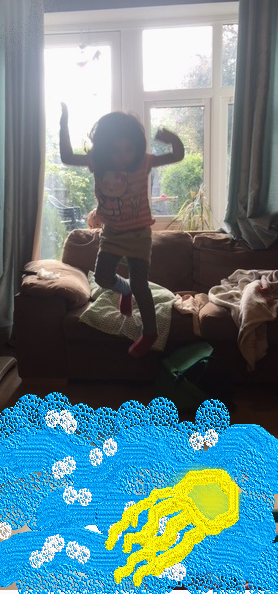 )
)At first I assumed that we'd use the 'School-at-Home' National Curriculum core subjects with a mixture of subjects of our own subjects guided by the kids interests. I thought we would sit and cover the work each day before pursuing other interests. I was quite pleased with this approach and thought it still quite creative and really in our little humans' best interests. We began after a 6 week summer term break; spent mostly at home, in the surrounding local parks and meeting home-schoolers with our little neighbour (ex school friend who we were looking after that summer). I had found learning materials online and in shops, invested in educational tools/toys and devised a type of timetable. And so the home school began! And... weeeee FAILED (or I did). Mostly miserably. We were frustrated with occasional resentment on both parts and threats to send her back to school! Hahaha, it was a nightmare! I could see me handling things badly while the voice inside was telling me to stop and change! It was emotional.
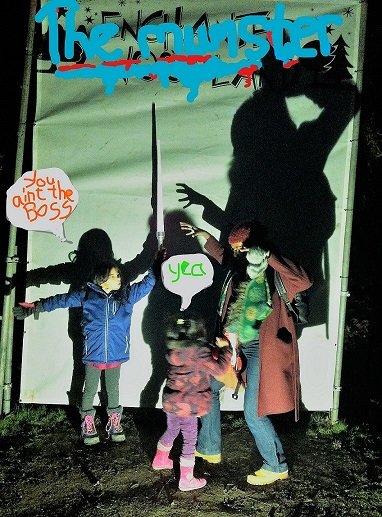 )
)After a 3 month break from any formal learning, and more research, we started a new slate.
I looked into the popular philosophy in home schooling circles called 'unschooling', which, in a few words, is trusting the natural curiosities and learning processes of a young human to learn in a supportive environment. In this environment there IS no curriculum and learning is happening through living.
It is based on a truth that individuals are ready to learn different things at different stages of life: author Vosniadou, S has studied this, some material can be found here: http://unesdoc.unesco.org/images/0012/001254/125456e.pdf .
Unschoolers (and most humans) also understand that many young humans will get bored or lose interest in learning if pressured too early, author and educational reformer John Holt wrote many books but some information about 'How Children Fail' can be seen here: https://en.wikipedia.org/wiki/How_Children_Fail
There is also a very interesting, enlightening and insightful podcast about unschooling that I was introduced to by a beautiful friend. It's called Living Joyfully http://livingjoyfully.ca/podcast-2/ . These discussions have helped me to think about and reflect on various home-schooling topics. While I don't agree with everything (in particular- the views of guests in regards to food choices), it's inspiring, encouraging and thought provoking.
I love the theory but I am struggling with my own brainwashed social values, trust in life and am not sure if we have read enough to make a well informed decision.... yet. So, we have not entirely ruled it out or fully adopted it.
Then... there is the School-at-Home which follows the National Curriculum (sounds dull in comparison!), but practised widely by homeschoolers. From what I have seen, this appears to be more true for young people who have been in school for several years before leaving it but also for those who are concerned with the traditional socially constructed and evolved post industrialisation education system. I'm not totally against this for the core subjects of science, maths, Geography and English but there are many ways to learn these subjects and we are living in a very different society to 20 years ago with very different influence from technology and science.

Another approach, Waldorf https://en.wikipedia.org/wiki/Waldorf_education : Has a high emphasis on arts and social competence. Learning usually takes place by submerging in one subject at a time over a few weeks with avoidance of computers and television: We tried being tele-free but my eldest actually loves it and learns quite a lot from various shows. The Waldorf approach also incorporates learning home skills and social skills; which I love!
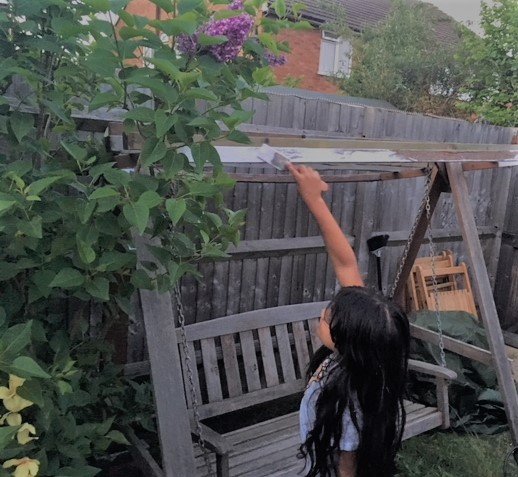 )
)We are making use of some elements of the National curriculum but introducing the materials informally, in practical ways and at different ages (earlier or later) for each of our children, depending on how much they are ready for and interested in. We are not aiming for exam status at this point so there will be no formal testing but occasional reviewing of things we have learnt, mostly by talking about things. It is a full-time task but doesn't feel like work when you are 'Google-ing' things of interest together or making things, watching You-Tube videos and hunting in the library... The tidying up is a chore though.... always! They are very unwilling to help with this bit, always quick to leave!
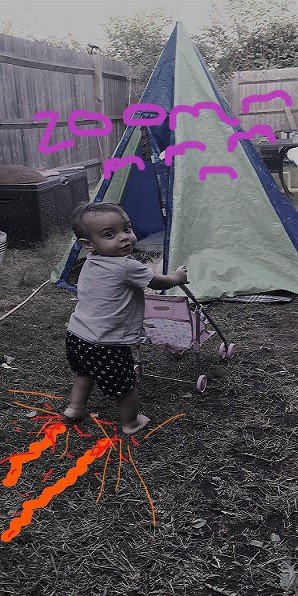 )
)So, for now... our original amended home-school curriculum approach has been replaced with an 'Eclectic/Relaxed' approach. It seems to fit our intentions and little humans' needs. I intended to make use of a local pre-school for our 3 year old for 3 -4 mornings a week in order to have more focused activities with our 7 year old but so far we are having a good time and learning together without having to do this. Our 3 year old has expressed that she'd rather be with us most days and finds the pre-school boring, so here she stays!
We have playful meet-ups with other home schooled children, there is an all day art class once a week for our eldest, some coding games on https://code.org/ , regular trips to our local palace & garden, stream play, Ballet for our 3 year old and themed weeks/months such as our 'Japan' month. Other activities they love include reading, playing lego, playing in the garden, sleeping, playing more lego, playing in the sandpit, playing lego again, more sandpit play & swinging from the swing frame to get from one end to the other, playing cars, scooting, painting, colouring World Cup flags, baking, fancy dress and so much more!
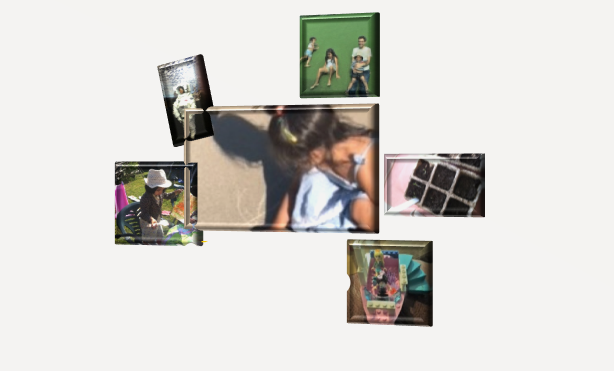
In legal terms, we are providing a full-time education although we have opted to not involve our Local Education Authority at this point and are within our rights to do so (for the moment!).
Through all this play they are learning about themselves, each other and I am learning about them, they learn about me. We try to respect each others differences as much as possible and fights do happen but it's inevitable and always resolve them.
Our emotional and environmental adjustment process was mixed with dealing with life events in the background. Despite the challenges, we haven't yet doubted our original decision to home-school as we are all happy with things as they stand. While some of our activities are a little restricted at the moment, we have high hopes for the future and know that the experiences we can provide right now for our little humans will suffice because they are loved and we can get creative with the learning while they are still so young.
It was a challenge... it still is at some point most days but I hope that this eases off over time and with trust in myself and the learning processes!
What I think it boils down to is that people usually choose homeschooling to know their children, nurture their interests and give them great opportunities for the future. So, if we know our children and have their best interests at heart, does it matter which approach/s we use to get stuck into life and learning? An eclectic bunch of methods seems to work for our individual needs and learning styles, interests and futures..... for now! ;)
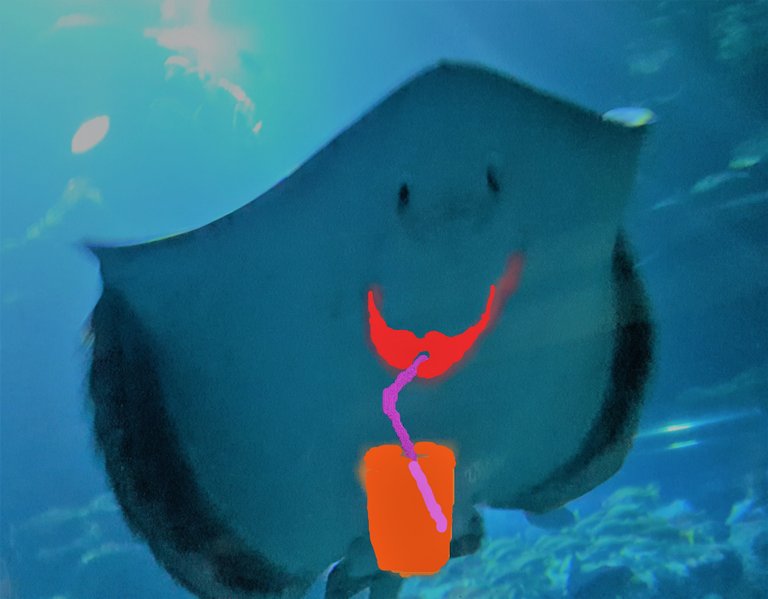
DISCLAIMER! The above blog/post contains my opinions with information and is not professional advice nor does it reflect the opinion of any organisations.